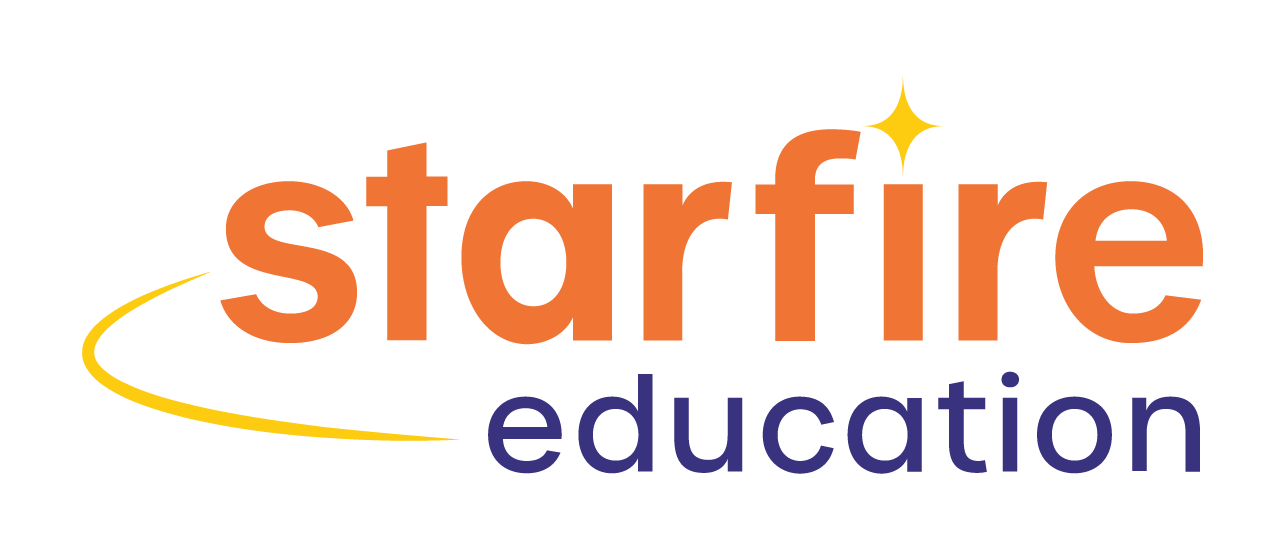MATH
Starbrite Math
Students in grades K-2 explore a world of fun, creative mathematics. They develop number sense and learn arithmetic, data gathering, data handling and data measurement, among other skills through number talks, challenge problems, brain teasers, logic puzzles and math games. They learn through the process of solving problems which is both challenging as well as rewarding, and requires creativity, logic, deep thinking, collaboration, and grit.
Galaxy Math
Galaxy Math students in grades 3-6 develop a real love of math. Kids learn the math that is most important for success in the 21st century including arithmetic, fractions, rates, ratios, proportions, data analysis and linear equations. Galaxy Math students are able to make connections between mathematical concepts, preparing them for advanced-level math, college and beyond.
Pre-Algebra
Pre-Algebra is designed for students in grades 6-9 to strengthen familiarity with basic algebraic concepts and empower them to solve advanced mathematical problems. Students learn algebra through studying pattern growth; they learn to use algebra as a problem-solving tool and work to strengthen their number sense. Topics that may be covered include variables, expressions, problem-solving with equations and inequalities, exponents, rational numbers and applications, geometry, data analysis and statistics, probability, square roots, the Pythagorean Theorem, relations and functions. Students will be generalizing, representing, modeling, describing, and interpreting the relationships between numbers. Students will discover, explore, and make connections between mathematical concepts, preparing them for advanced-level math, college and beyond.
Algebra
Algebra is designed for students in grades 6-9 to provide a deep exploration of algebraic concepts, empowering them to solve complex mathematical problems. Students learn to use algebra as a problem-solving tool. Students will learn to examine different functions that they explore visually, numerically, graphically, physically constructed, and algebraically. Students will be generalizing, representing, modeling, describing, and interpreting the relationships between numbers. They will discover, explore, and make connections between mathematical concepts, preparing them for advanced-level math, college and beyond.
Program Learning Goals
Persist in solving challenging problems
Explain and make sense of their methods
Develop number sense
able to decompose numbers
understand how operations affect the magnitude of numbers
Develop a deep understanding of math concepts
Develop a mathematical thinking process
reasoning, critical thinking, and problem solving
Student success comes from hard work
Pedagogy and Curriculum
Starfire Math is based on the pedagogy and curriculum developed by the Stanford University Graduate School of Education and the Cambridge University Millennium Mathematics Project. Refer to You Cubed and NRICH.
Students in Starfire Math develop a love for math as they apply mathematical thinking to solve fun, interesting, and relevant problems. Through the process of solving problems, children will be on their way towards building a solid foundation and a deep understanding of mathematical concepts. They will form a mental map of how big ideas in math connect together.
Students are encouraged to ask questions, collaborate with their peers, as well as present their methods and convince others that they make sense through logical reasoning. Students learn to be mathematicians. They acquire mathematical, problem-solving, logical, and resilient thinking while building a deep understanding of mathematical concepts.
